There is a growing movement in the United States that's pushing for the idea of having a woman on our national currency.
The nonprofit group womenon20s.org has truly paved the way for this movement and brought it down to a science. They've come up with a list of 15 of the most influential women in the history of our country, and they want your two cents!
While this petition is not as adorable as the one that decided the name of a new baby bear, it's still garnered over 250,000 signatures from people all across our nation, intent to give the $20 bill a bit of a facelift!
The nonprofit group wants strong "candidates who embody the values, ambitions, and ethics upon which this country was founded." While many people have been disagreeing with the idea of updating the $20 bill, there are a few reasons behind this cool idea that really make sense:
- The year 2020 will mark the 100th anniversary of the 19th amendment.
- You don’t have to be President to get on money! Alexander Hamilton and Benjamin Franklin never held the office.
- Andrew Jackson tried his hardest to defeat centralized banking and paper currency. Placing him on the $20 is an insult to his own legacy.
Make sure to check out the “final 15” women on the slideshow below! What do you think about this idea to begin with?
Do you think anyone is missing from the list? None of these women were “well-behaved,” and thanks to their passion and ability to push through any obstacle, they all made history. They all deserve to be on the $20 bill, but it’ll all come down to one choice! Who would you choose to be on your $20 bill?
Please SHARE this money with your friends and family!
Susan B. Anthony (1820–1906)
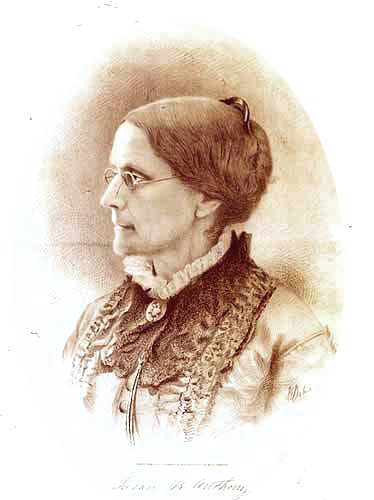
Committed to social equality, Anthony was drafting anti-slavery petitions at the age of 17. She even became the New York agent for the American Anti-Slavery Society. In 1872, she was arrested and convicted for the terrible crime of voting. First introduced to Congress in 1878, it only took 41 years for the "Anthony Amendment," perhaps better known as the 19th Amendment, to finally be ratified. She also became the first non-fictitious woman to be depicted on U.S. currency.
Betty Friedan (1921–2006)
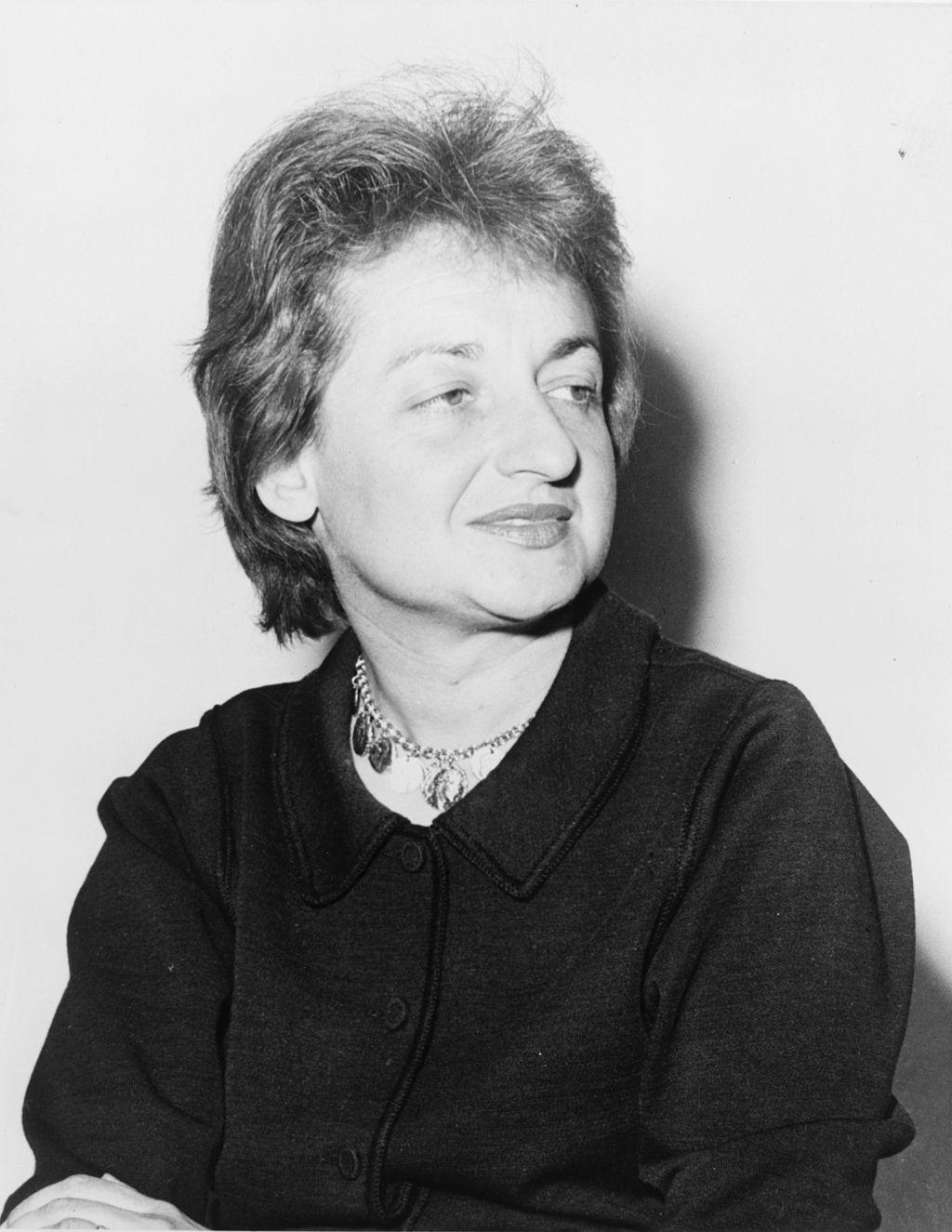
Her book The Feminine Mystique is often credited with sparking the new second wave of American feminism in the United States. She helped found and was elected the first president of the National Organization for Women, which aimed to bring women into the mainstream of American society.
Elizabeth Cady Stanton (1815–1902)
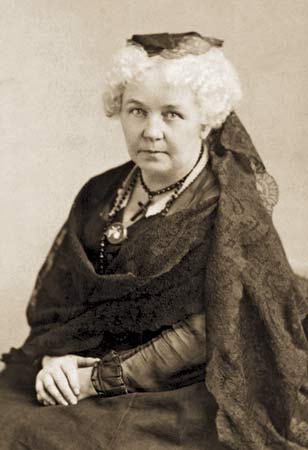
Not only was she an American suffragist, Stanton also focused on the abolition of slavery. She was a leading figure of the early women's rights movement. She is often credited for initiating the first ever organized women's suffrage movement in the United States when, in 1848, she presented her "Declaration of Sentiments."
Harriet Tubman (1822–1913)
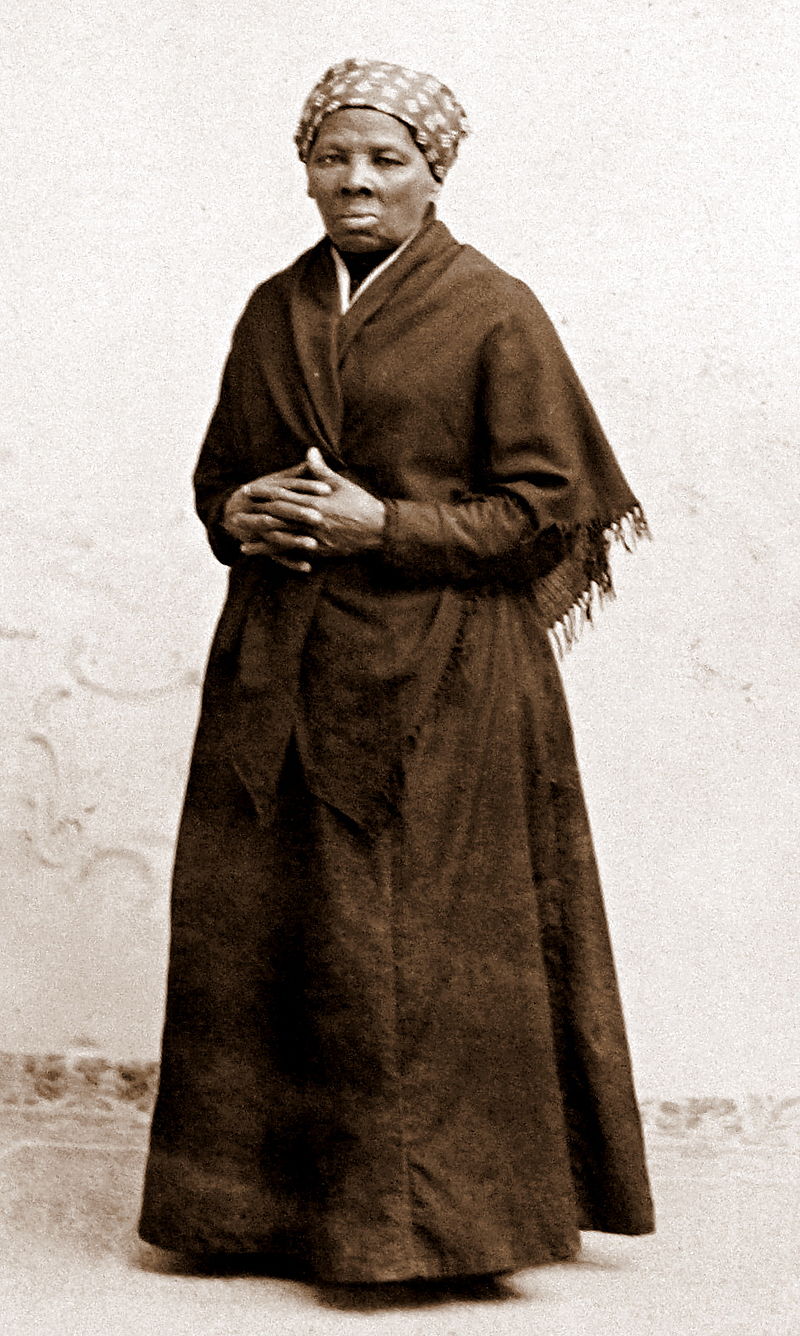
Born into slavery, Tubman eventually escaped to freedom and joined the Union as a spy. Using a network of safe houses known as "The Underground Railroad," she went on thirteen missions back into enemy territory to save approximately seventy slaves before the war was over.
Rachel Carson (1907–1964)
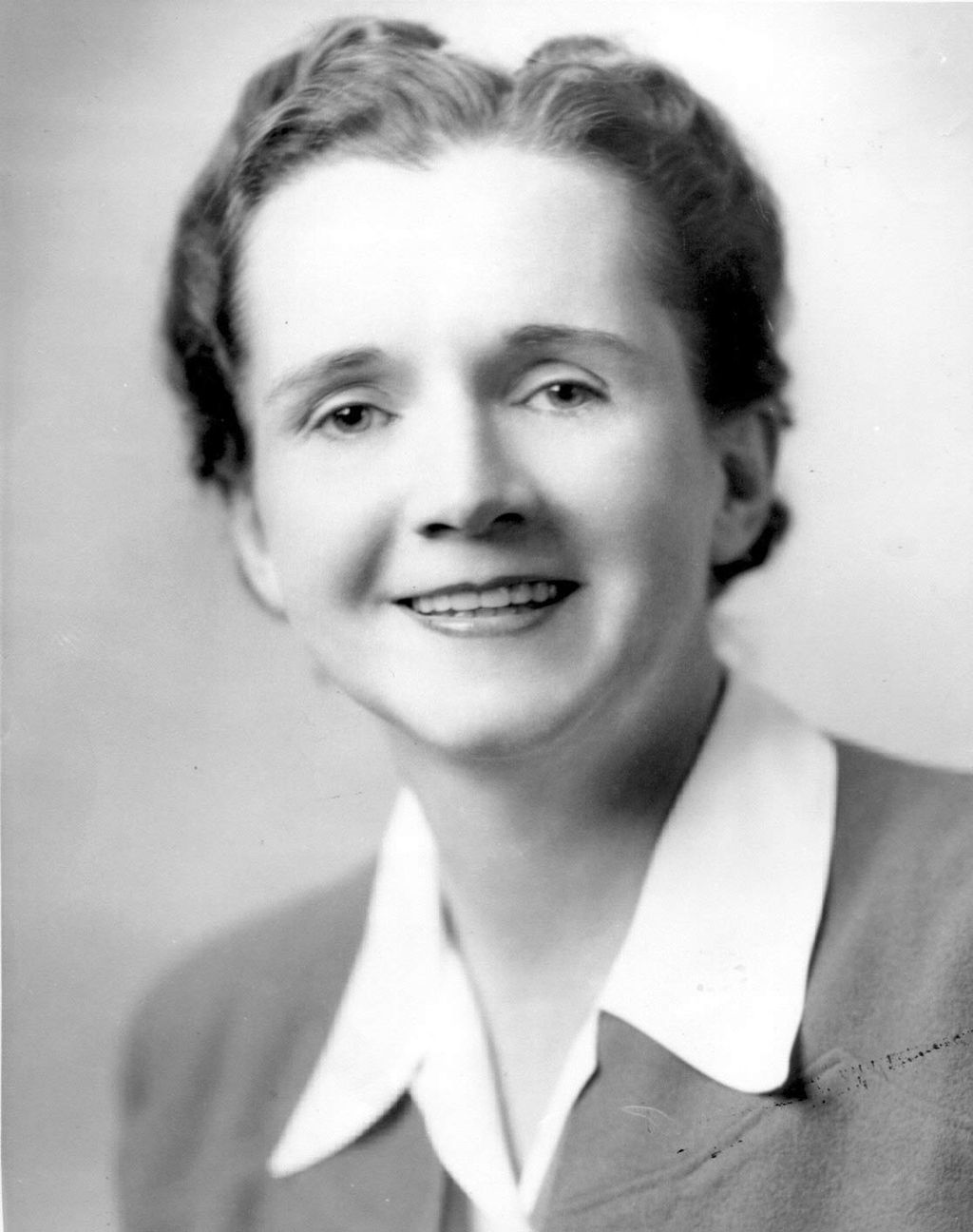
Carson was a marine biologist and conservationist who helped to advance the global environmental movement. Her many books brought attention to the adverse effects of pesticides like DDT. She was even posthumously awarded the Presidential Medal of Freedom by Jimmy Carter for all of her work to save the world.
Shirley Chisholm (1924–2005)
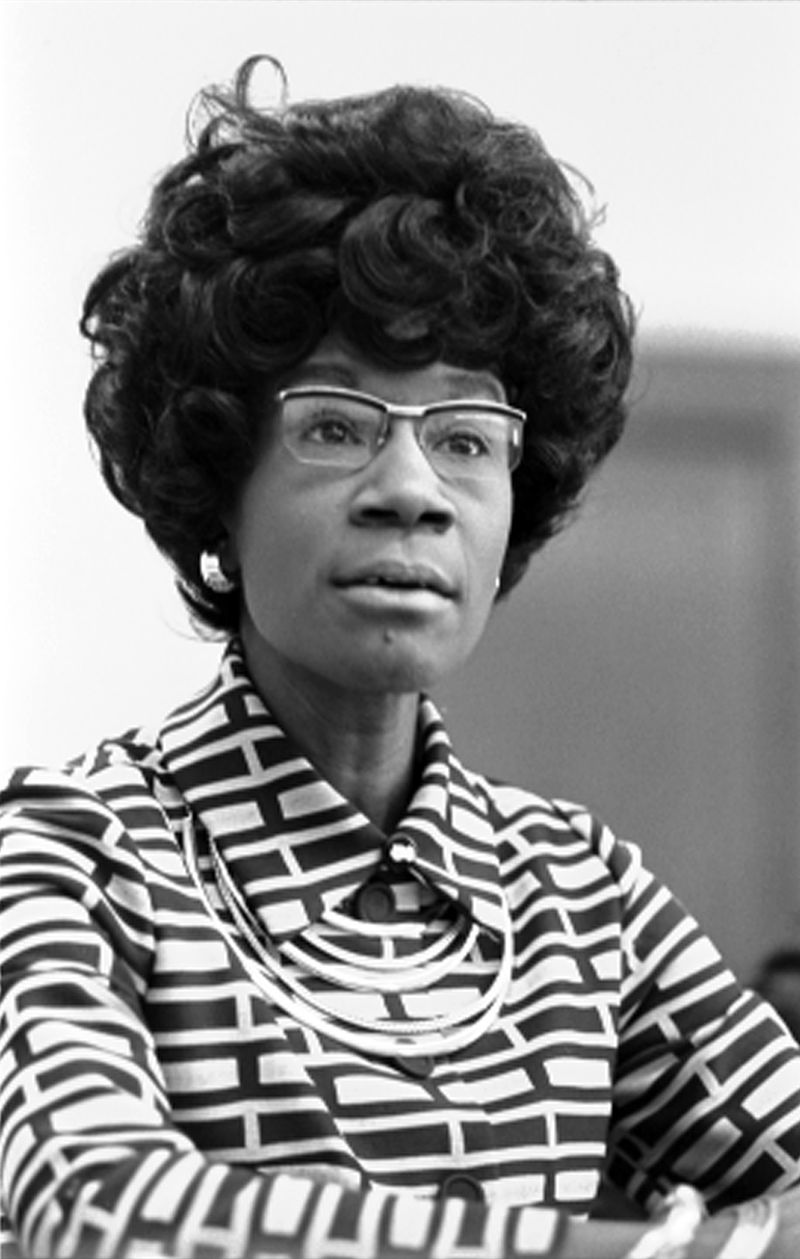
The first African-American woman to be elected to Congress, she eventually became the first major-party black candidate for President of the United States. While running for her first election she campaigned under the slogan, "unbought and unbossed."
Frances Perkins (1880–1965)
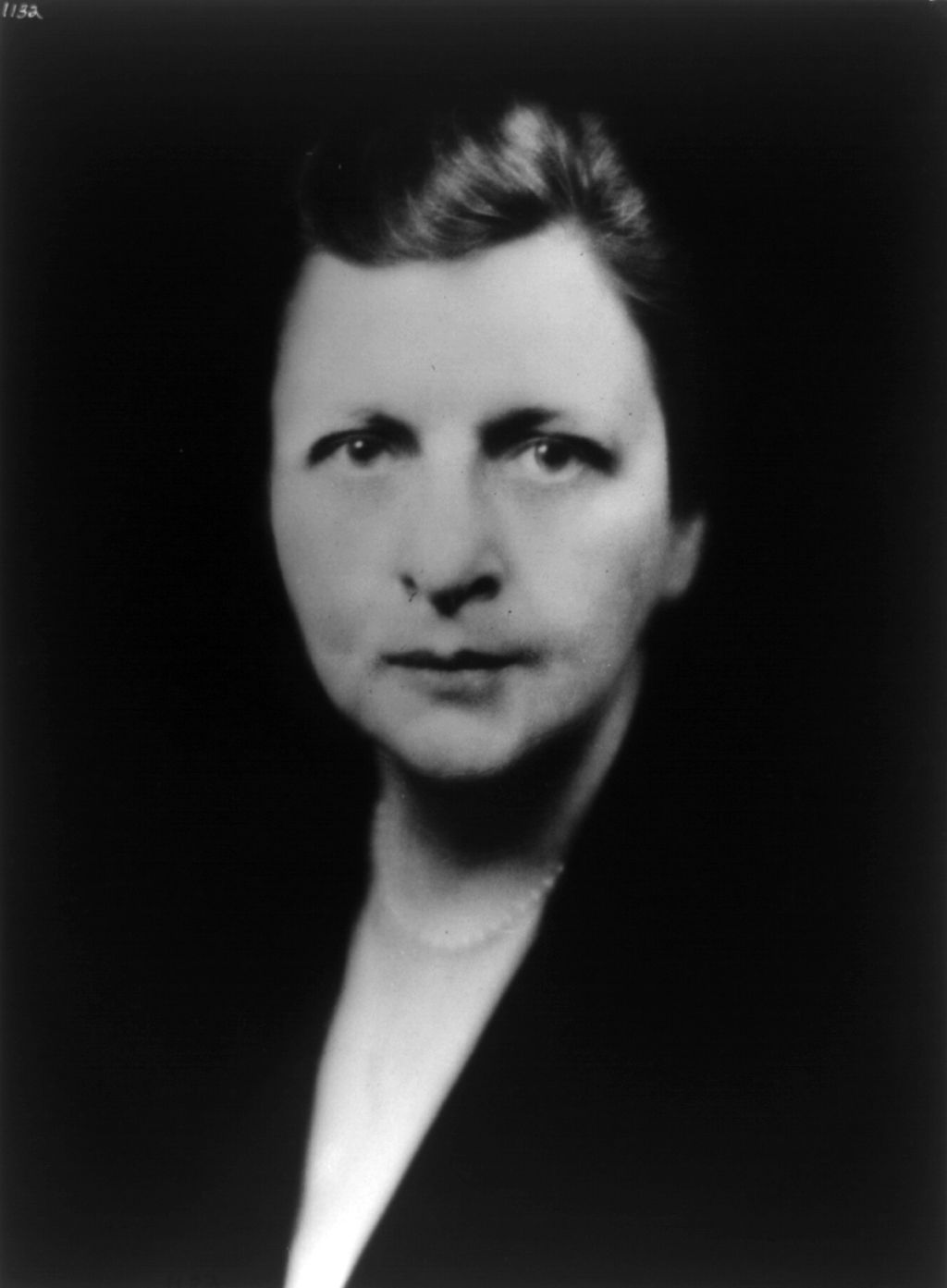
The first woman ever to be appointed as a member to the U.S. Cabinet as Secretary of Labor. A close friend to FDR, she helped him push forward New Deal Legislation which helped the country recover from the Great Depression. She established the first minimum wage laws for American workers, and defined the standard forty-hour work week. She even resisted having women drafted into WWII, allowing them to enter the workforce en masse.
Margaret Sanger (1879–1966)
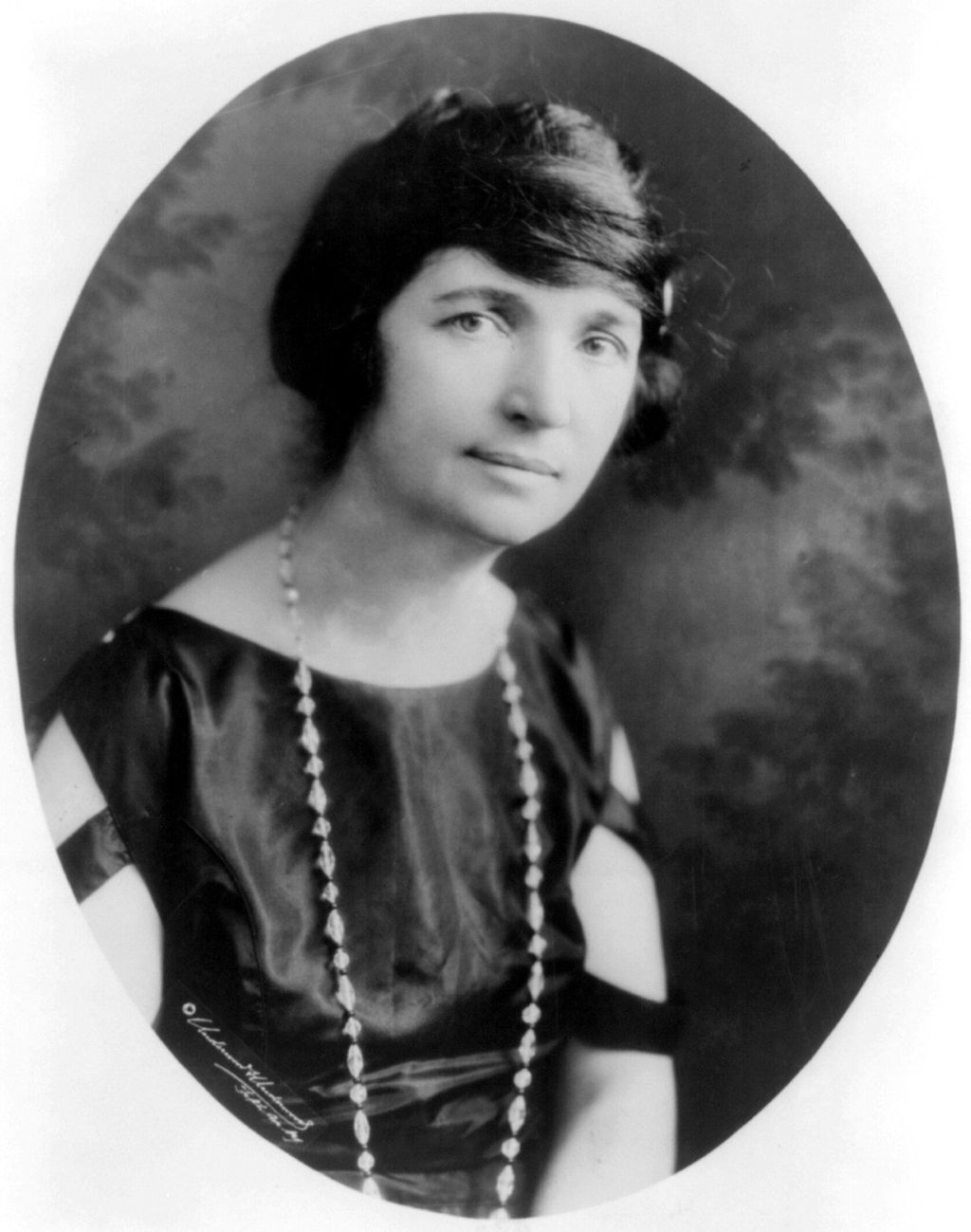
An early advocate for birth control and sex education, Sanger made quite a name for herself when she opened the first birth control clinic in the United States. Her efforts contributed to several judicial cases that helped legalize and normalize contraception.
Barbara Jordan (1936–1996)
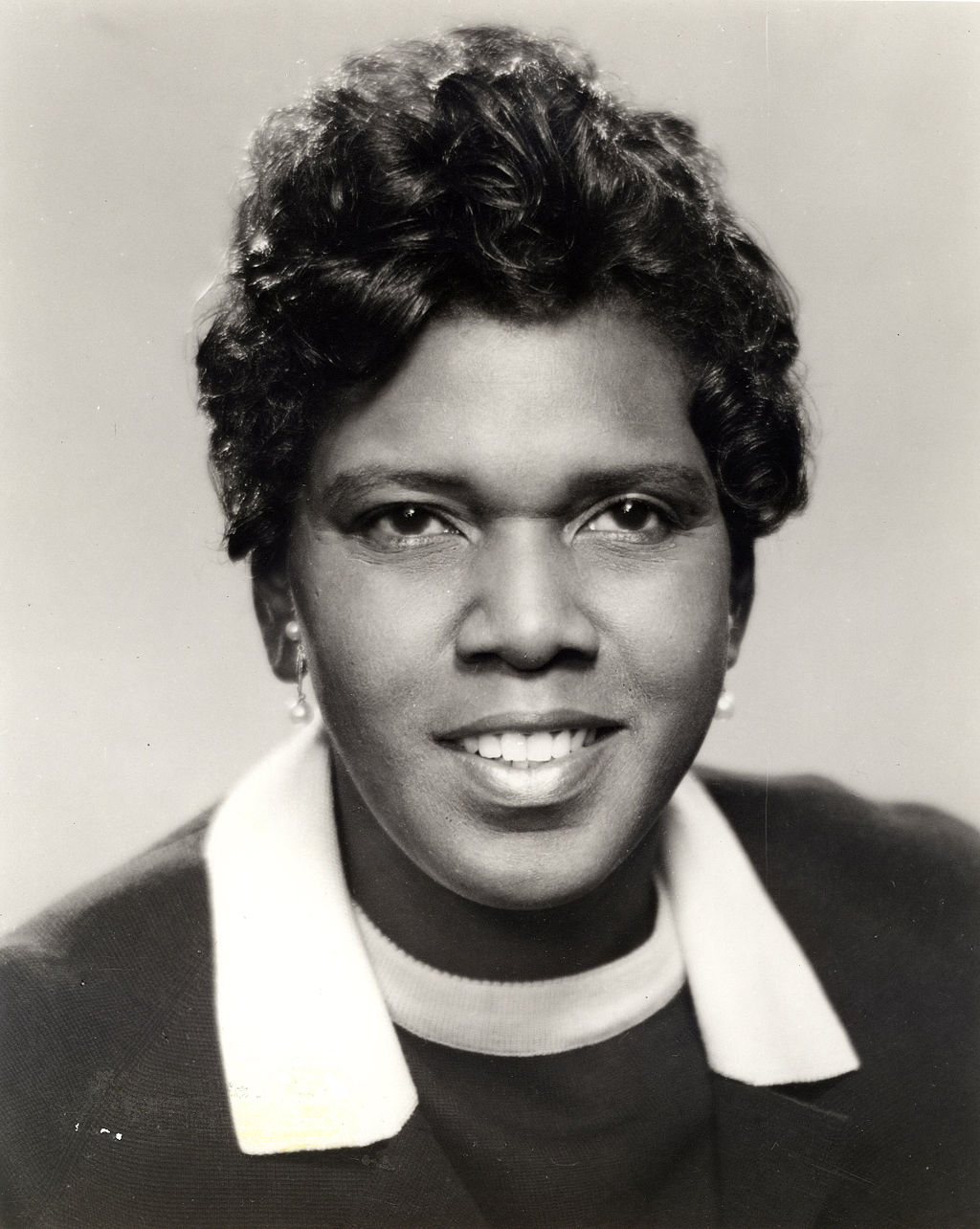
The first African American to be elected to the Texas Senate after Reconstruction and the first southern black female elected to the U.S. House of Representatives, she was on track to do even greater things over the years but tragically passed at the age of 59 due to complications from pneumonia. She became the first African American to be buried in the Texas State Cemetery.
Patsy Mink (1927–2002)
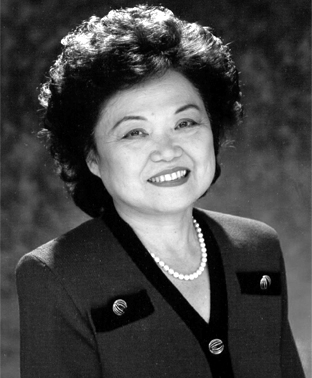
Mink served for the U.S. House of Representatives for a total of 12 terms, representing Hawaii. She was the first woman of color and the first Asian American woman elected to Congress.
Alice Paul (1885–1977)
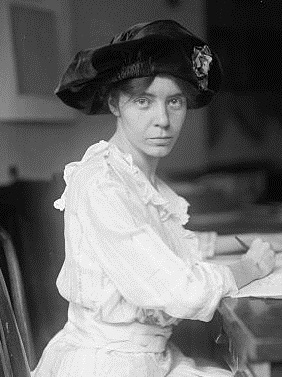
Paul was an American suffragist, feminist, and women's right activist. She was one of the top level leaders for the addition of the 19th Amendment, which finally allowed women to vote! She later led the National Woman's Party in several victories that focused on the legal status of all women.
Eleanor Roosevelt (1884–1962)
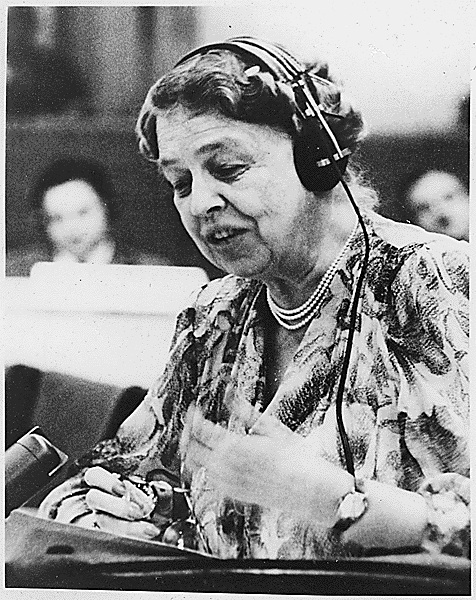
A politician, diplomat, and human rights activist, this first lady was ranked ninth in the top ten of Gallup's List of Most Widely Admired People of the 20th Century. She was "controversial" due to her outspokenness on both women's rights and her opinion on racial issues. She transformed and reshaped the political role of the First Lady for years to come.
Rosa Parks (1913–2005)
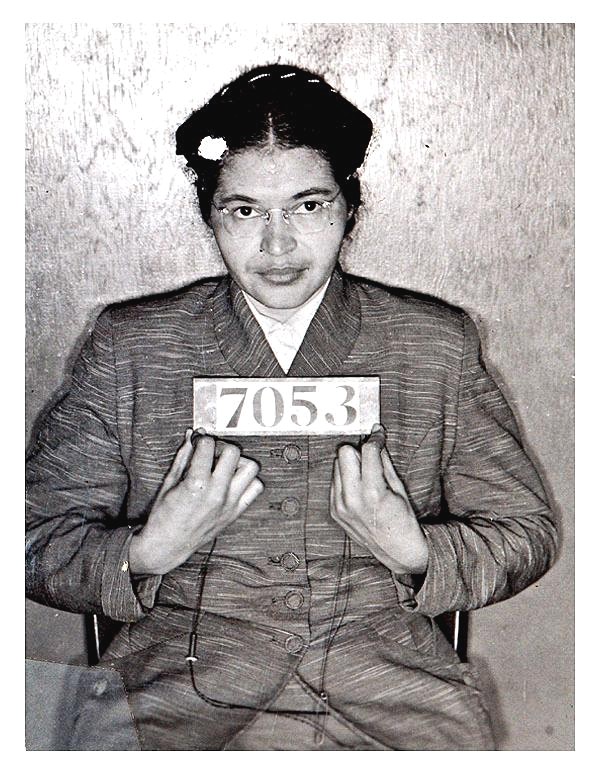
She stood up for millions with the simple act of sitting. When Parks was told to move to the back of the bus to make way for a white passenger, no one expected the world to take note. The symbolic gesture of nonviolent protest along with the Montgomery Bus Boycott made this woman an international icon of bravery in the face of corrupt authority.
Clara Barton (1821–1912)
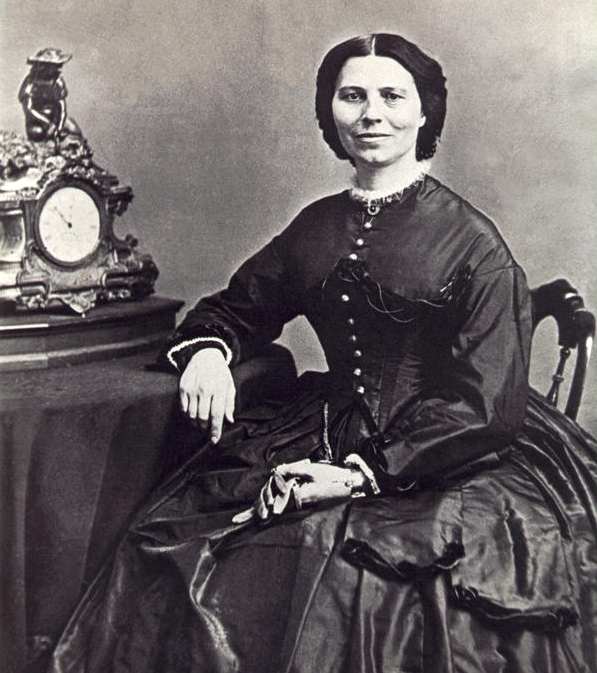
After the Civil War, Barton went on to found the American Red Cross. An organization meant to find and identify soldiers killed or missing in action. Her team helped locate more than 21,000 missing men, giving closure to thousands of grieving families. She never married because she didn't want her life to become restricted by rules.
Sojourner Truth (1797–1883)
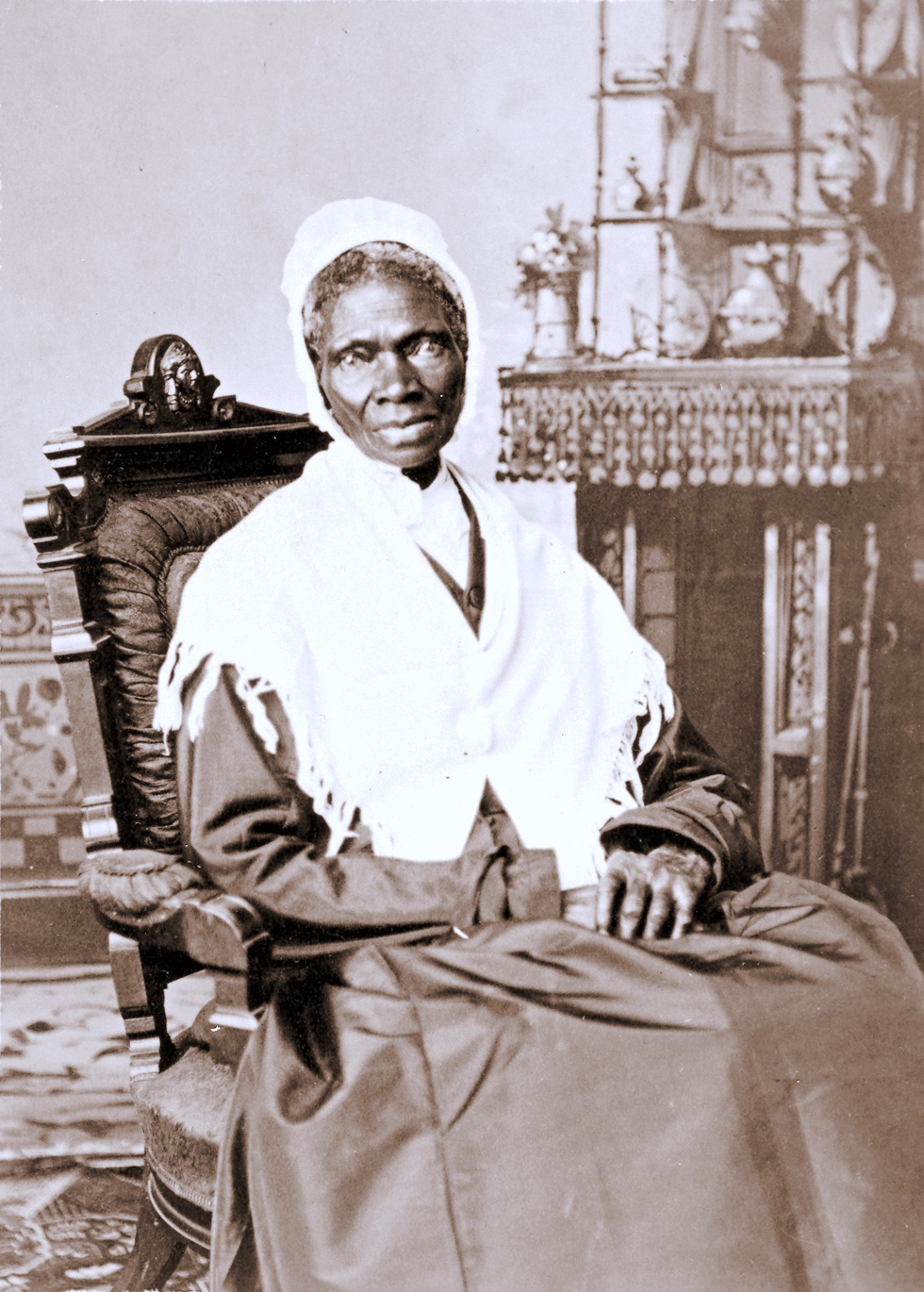
Born into slavery, this brave woman eventually escaped to freedom with her infant daughter in 1826. After going to court to free her son, she became the first black woman to win such a case against a white man. During the Civil War, Truth helped in the recruitment of black troops for the Union Army.




